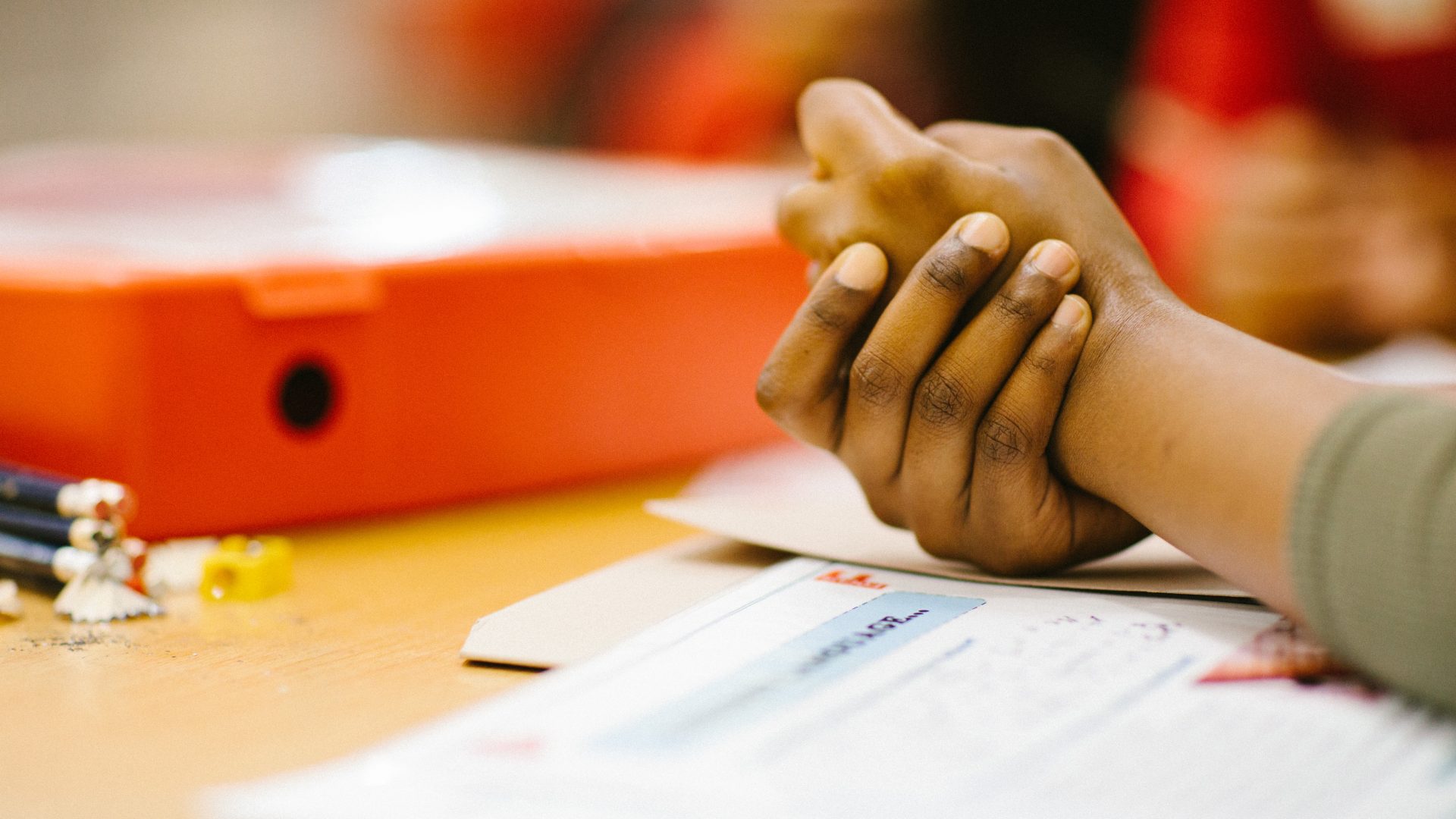With autumn upon us, and winter drawing ever closer, concerns about the cold months ahead are starting to grow rapidly. Many households and businesses are unsure how they will manage to heat their homes amid soaring energy bills, while others are facing an almost unbearable choice of whether to heat their homes or feed themselves. Sadly, as ever, it’s those who are already most vulnerable who will be hit hardest by the challenges ahead this winter.
This winter, as households look to understandably cut back on their energy costs, many young people may end up trying to do homework in unusually cold environments, which are likely to affect both their productivity and focus. While there is no legal minimum temperature in schools in the UK, the National Union of Teachers (NUT) recommends a minimum temperature of 18°C. But in their homes, there is no guarantee that young people will be in an optimally temperate environment.
Figures released recently demonstrate major regional disparities when it comes to household insulation, meaning that those with the least financial capacity to weather the price increases may also be those whose homes are least likely to help keep costs relatively low.
Of course, there are countless ways in which this crisis will be potentially devastating for families and communities around the country. But as the co-founder of an educational charity that supports young people 8 of the 10 most economically deprived locations in the country, my focus has been on the detrimental impact this could have on learning. We are currently in the process of opening a new centre within Yorkshire and the Humber, the region with the lowest percentage of well-insulated homes, and this issue will be front of mind as we prepare to support our new students in that part of the country.
Environmental impact on learning
Evidence suggests that environmental factors have a huge impact on learning. Noise, inappropriate temperature, insufficient light and overcrowding can all be detrimental for a young person who is endeavouring to learn or do their homework. (Gilavand, 2016)
Studies over the past 60 years suggest that ‘thermal comfort’ specifically can affect work and school performance, with students becoming uncomfortable and distracted when it is either too hot or too cold. One study looked at the impact of low temperatures on the employees of in the workplace:
“When temperatures were low (68°F/20°C) employees made 44% more mistakes than at an optimal room temperature (77°F/25°C).” (Hedge, 2004)
The digital divide
Inequalities in access to technology have been an increasingly prominent topic since the onset of the COVID-19 pandemic. Students with limited access to computers, tablets and a stable, fast internet connection are at an obvious disadvantage when it comes to home learning.
With the cost of living crisis forcing many stretched families to make difficult decisions to cut-back on certain costs, there is a risk that this divide becomes even more pronounced in the coming months. Many households will be concerned about the energy-usage of their tech devices, while others may need to cut back on paying for internet to ensure they can cover increasing costs for other more essential items.
Stress
School can be a difficult experience at the best of times. But the added concern of facing household uncertainty amid the cost of living crisis is likely to make many young people significantly more stressed. Studies have shown that stress has a significant impact on learning and memory.
“Stress has far-reaching consequences on our ability to learn and remember, with major implications for educational settings.” (Vogel, 2016).
As the ongoing impact of the crisis takes its toll, it is likely that stress relating to the economic uncertainty will continue to have a detrimental effect on learning for many young people.
The lasting impact of COVID
Figures released by the Department of Education suggest that the gap in achievement between poor primary school pupils in England and their more advantaged peers has reached a 10-year high.
The impact of COVID on learning is estimated to be significant already, with findings suggesting the lockdown months have left students months behind where they would usually be by their age, as well as widening pre-existing gaps between advantaged students and their less privileged peers.
What’s more, there have been suggestions that some schools are considering reducing to three or four day weeks to offset the impact of rising energy bills on their budgets. While the Government has denied this possibility, it demonstrates the strain that many schools are under that this is even being considered. Any return to significant time away from school pushes the pressure back on parents to heat their homes consistently, and is likely to recreate many of the disparities caused by remote learning during lockdown.
The impact of the pandemic is likely to linger for some time, the last thing young people need now is further disruption to their education and development.
What is needed
At IntoUniversity, we run 35 community based learning centres across England and Scotland, supporting young people from disadvantaged neighbourhoods to attain their chosen aspiration, including further and higher education, employment and work-based training.
As well as educating our young people, a key part of our role is to provide pastoral care and support for them to navigate the range of challenges that can potentially impede their ability to learn.
Over the coming months and beyond, we’ll be supporting our students as best we can to mitigate against the impact of the crisis ahead. While we work with over 40,000 young people each year, we know that there will be hundreds of thousands more in need of support.
A concerted, national effort is needed to ensure students don’t fall further behind. We can’t afford to leave young people out in the educational cold this winter. Educational inequalities are sadly already way too persistent, and everyone in society stands to lose out if the gap grows further and we fail to tap into another generation of lost talent.

